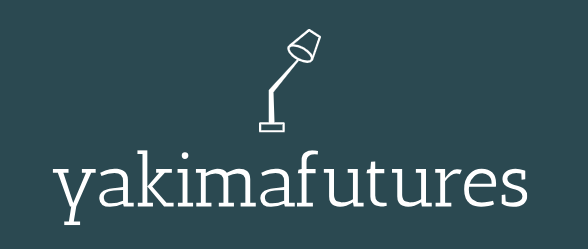The Rise of Nature-Based Preschools
More and more preschools are embracing outdoor learning environments. This isn’t just about playtime on the playground; it’s about integrating nature into the curriculum. Children are learning science by observing insects, math by measuring plants, and language arts by creating nature journals. These programs are fostering a deeper connection with the environment and promoting physical activity, all while building crucial skills.
Incorporating Technology Mindfully
Technology isn’t being banished from the preschool classroom, but its integration is becoming far more thoughtful. Instead of passively watching screens, children are engaging with educational apps that encourage problem-solving, creativity, and collaboration. Interactive whiteboards are used to enhance storytelling and art projects, and robots are even being introduced to teach coding concepts in a fun, hands-on way. The emphasis remains on balanced learning, combining technology with hands-on activities.
The Power of Play-Based STEM Learning
STEM (Science, Technology, Engineering, and Mathematics) is no longer a subject reserved for older children. Preschools are incorporating STEM concepts through play-based activities, making learning fun and accessible. Building blocks become engineering projects, nature walks become science explorations, and simple coding games teach early programming skills. This approach fosters critical thinking, problem-solving, and a love for inquiry.
Personalized Learning Journeys
Recognizing that each child learns at their own pace and in their own way, many preschools are moving towards more personalized learning experiences. Teachers are using observation and assessment to tailor activities to individual needs and interests. This might involve providing extra support for a child struggling with a particular skill or offering advanced challenges for children who are ready for more. This approach ensures that every child feels challenged and supported.
The Importance of Social-Emotional Learning (SEL)
Preschools are increasingly recognizing the critical role of social-emotional learning (SEL). This involves teaching children how to manage their emotions, build relationships, and make responsible decisions. Activities like mindfulness exercises, collaborative projects, and conflict resolution strategies are incorporated into the daily routine, creating a supportive and nurturing learning environment where children feel safe to express themselves and learn from their interactions with others.
Focus on Fine Motor Skills Development
Fine motor skills are essential for later academic success. Preschools are incorporating a variety of activities to develop these skills, including playdough, puzzles, art projects, and building activities. These activities not only improve dexterity but also help children develop hand-eye coordination and improve focus and concentration, setting a strong foundation for future learning.
Emphasis on Creative Expression
Creative expression is no longer seen as just an “extra” activity, but as a vital component of a well-rounded education. Preschools are providing children with ample opportunities to engage in various art forms, including drawing, painting, sculpting, music, and dramatic play. These activities foster self-expression, imagination, and problem-solving skills. The emphasis is on the process of creation, rather than the end product.
Collaboration with Families
Many preschools are strengthening their partnerships with families. This includes regular communication, parent-teacher conferences, and opportunities for parents to participate in classroom activities. This collaboration ensures that children receive consistent support and guidance both at home and at school, creating a seamless learning experience. Open communication creates a supportive learning environment for all.
Movement and Physical Activity
Recognizing the importance of physical activity for overall development, preschools are incorporating more movement and physical activity into their programs. This might include outdoor playtime, dance classes, yoga, or simply incorporating movement breaks throughout the day. This promotes physical health, improves coordination and balance, and provides opportunities for social interaction.
Incorporating Multilingualism
In our increasingly globalized world, many preschools are embracing multilingualism. This might involve incorporating songs, stories, and activities from different cultures or providing opportunities for children to learn a second language. This exposure to diverse languages and cultures broadens children’s horizons and prepares them for success in a diverse world. Read more about preschool early childhood education


